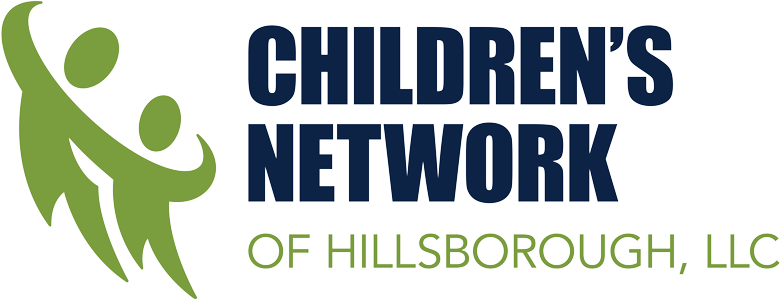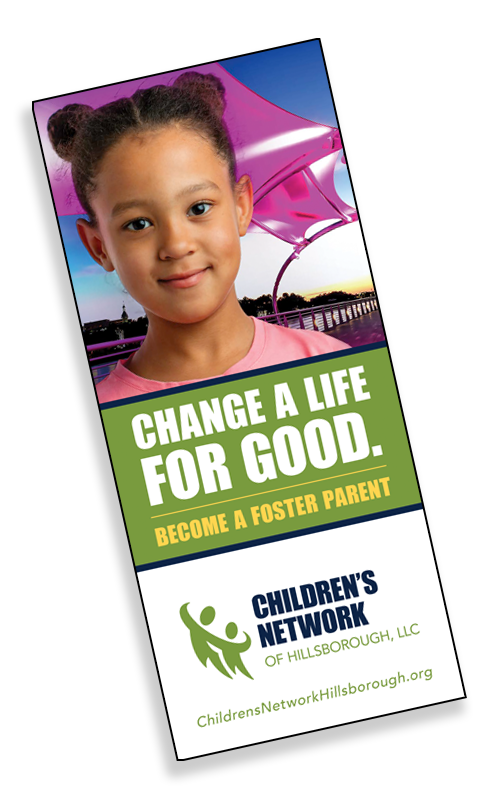FOSTERING FAQs
Answers to Frequently Asked Questions
Most people who are thinking about foster parenting have a number of questions. We have gathered some of the most common questions about fostering on this page, but please do not hesitate to contact us for more information. We also encourage you to lean more by joining one of our monthly online information sessions.


Foster parents provide a safe, loving, temporary place to live for children who have suffered abuse, neglect, or abandonment. The children who enter foster care do so through no fault of their own, but because they have experienced trauma. Foster parents care for children until they can be reunited with their birth families, or when that is not possible, until they can transition to a permanent living arrangement such as adoption.
Foster parents are everyday heroes who make a positive impact that lasts a lifetime. The love, attention, and support foster families provide serve as a foundation for a secure and successful future for children in our community. There is an urgent need for more foster parents in Hillsborough County, so please ask yourself if you feel called to foster.
All children who enter the child welfare system in Hillsborough County have suffered from trauma – some form of abuse, neglect, or abandonment by a parent. When children cannot safely remain in their homes, they are placed with relatives, family friends, or foster parents. Foster parents play a vital role in helping children heal by providing a loving refuge when they need it most.
In Hillsborough County, approximately 1,200 children live in licensed foster homes. Children in foster care range from newborn to age eighteen. They have all suffered in ways most adults can scarcely understand. These children live in our communities, come from diverse backgrounds, and are often part of a group of siblings. They may have emotional, behavioral, or health challenges. But most of all, foster kids are kids who need love and care like any child.
A child’s stay in foster care may be as short as overnight or as long as it takes to achieve a permanent plan for the child. The first and primary goal is always to reunite the family when it is safe to do so. Laws state that children should remain in foster care no longer than one year unless the courts determine extenuating circumstances. Foster parents can truly make a difference for a lifetime in a relatively short time.
In Florida, you may be eligible to foster if you:
- Are at least 21 years of age;
- Consent to criminal and child abuse registry checks;
- Are financially able to provide for your present needs and family emergencies;
- Permit a health inspection of your home;
- Have enough physical space in your home to accommodate children;
- Attend required training sessions;
- Are willing to meet with a licensing counselor through the Home Study process to determine if fostering is appropriate for you and your family;
- Have a willingness to work in partnership with everyone involved in the child’s life to meet his/her needs;
- Are dedicated to helping a child be reunified with his/her biological family (or if that is not possible, with an identified adoptive family);
Please note the many things that are not on that list. You do not have to be wealthy, a homeowner, a biological parent, or married to foster. Excellent foster parents come from many walks and stages of life, and they represent many occupations, faiths, and lifestyles. The most important requirement is love.
Becoming a foster parent is a mutual process. Children’s Network of Hillsborough will work closely with you to determine if the foster parent program is a suitable match for both of us. The path to being licensed as a foster parent in Hillsborough County involves the following steps:
- Contact Children’s Network of Hillsborough: Contact us at 813.337.5705 or use the form on our Become a Foster Parent page.
- Complete the Pre-Service Training: Attend an orientation session followed by the 30-hour parenting program called PRIDE. (In response to COVID-19, virtual options are available to complete this step online.)
- Complete the Other Licensing Requirements: These include background checks, an inspection of the home, and an assessment of the family called a “home study.”
- Welcome Your First Foster Child: You will change a life for good as a foster parent – and help a child move past their past.
The length of the process varies different depending on the circumstances, but it averages 3-5 months. Please contact us to begin your fostering journey today.
Foster parents feel a sense of accomplishment in knowing that they make a lifetime of difference during the short time that a child lives with them. They take pride in rising to the challenge to change a life for good. Many foster parents say that fostering fulfills a sense of calling to help others that they have felt from a very young age.
Yes. Licensed foster parents often work outside of the home. Some children (usually those with special therapeutic or medical challenges) do require a full-time stay-at-home parent, and they are placed with foster parents who can accommodate this need.
Each child must have their own bed and have a separate bedroom from the foster parent or anyone over the age of 18. Foster children may generally share a room with another child of the same gender. Overall, it is important that each child has a space to call his or her own.
Yes. Foster families receive a stipend to help with the expenses while a child is in their home. The amount of the monthly board payment is determined by the age of the child. If a child is in a specialized foster home for medical or therapeutic needs, the compensation is higher, as their needs are greater. Foster children have medical, dental, and vision coverage through Medicaid. Foster parents are also eligible for mileage reimbursement when transporting children to medical appointments and foster care activities.
Yes. Foster parents in Hillsborough County have a robust support system to help them and the children in their care. For more information, please visit our Foster Parent Resources page.
The primary goal is always reunification with a child’s biological parents. However, adoption may be possible in cases where the court has terminated parental rights.
Yes, provided that the travel is approved in advance. Vacations can be a powerful bonding experience for foster children and parents.
Yes, and the requirements for babysitters are discussed in the pre-service training class.
Many myths and misconceptions exist about foster parenting, including the following:
- Myth: You have to be wealthy to foster.
Fact: Foster parents come from many economic backgrounds. - Myth: You have to be a homeowner to foster.
Fact: Foster parents may rent or own their home. - Myth: You have to pay for the child’s health insurance.
Fact: Foster children receive Medicaid. - Myth: LGBTQ people can’t foster.
- Fact: Many excellent foster parents are part of the LGBTQ community.
- Myth: People who work full-time can’t foster.
Fact: Foster parents work in all manner of full-time jobs outside the home. - Myth: Foster parents have to be younger/older than you.
Fact: The only age requirement is that foster parents are at least 21 years old. Many great foster parents are in their 50s or 60s. - Myth: You have to have prior parenting experience to foster.
Fact: While some foster parents have raised children before, others have not, and it is not a requirement. - Myth: Children enter foster care because of juvenile delinquency.
Fact: Foster children enter the child welfare system through no fault of their own. They are the victims of abuse, neglect, or abandonment.
Please look past the myths and see the truth – foster children in Hillsborough County need you!
FOSTERING VIDEOS
Explore our videos to learn more about Children’s Network of Hillsborough, foster parenting.
Myths About Foster Parenting
Fostering and Faith
Straight Talk: Adoption out of Foster Care





